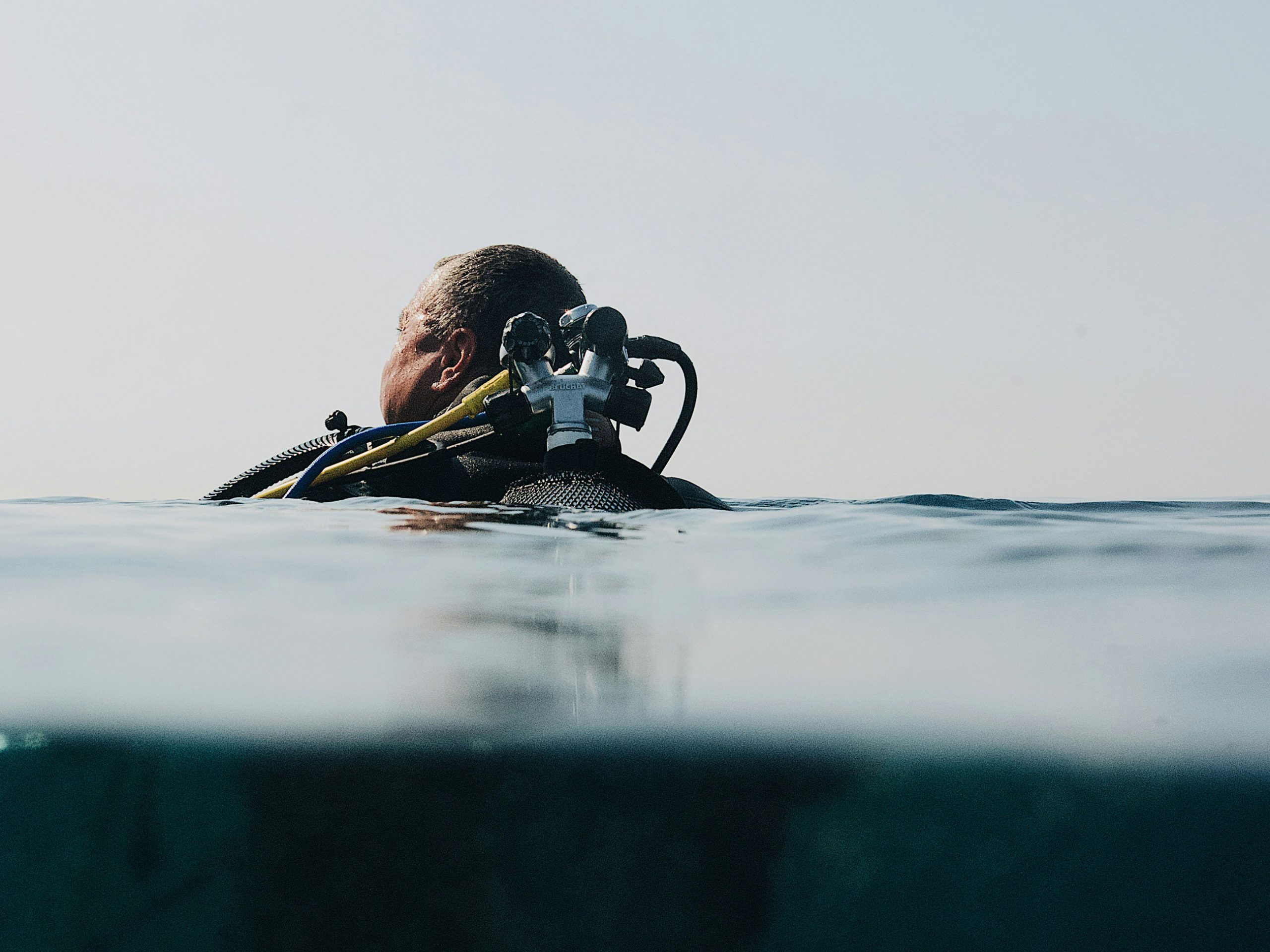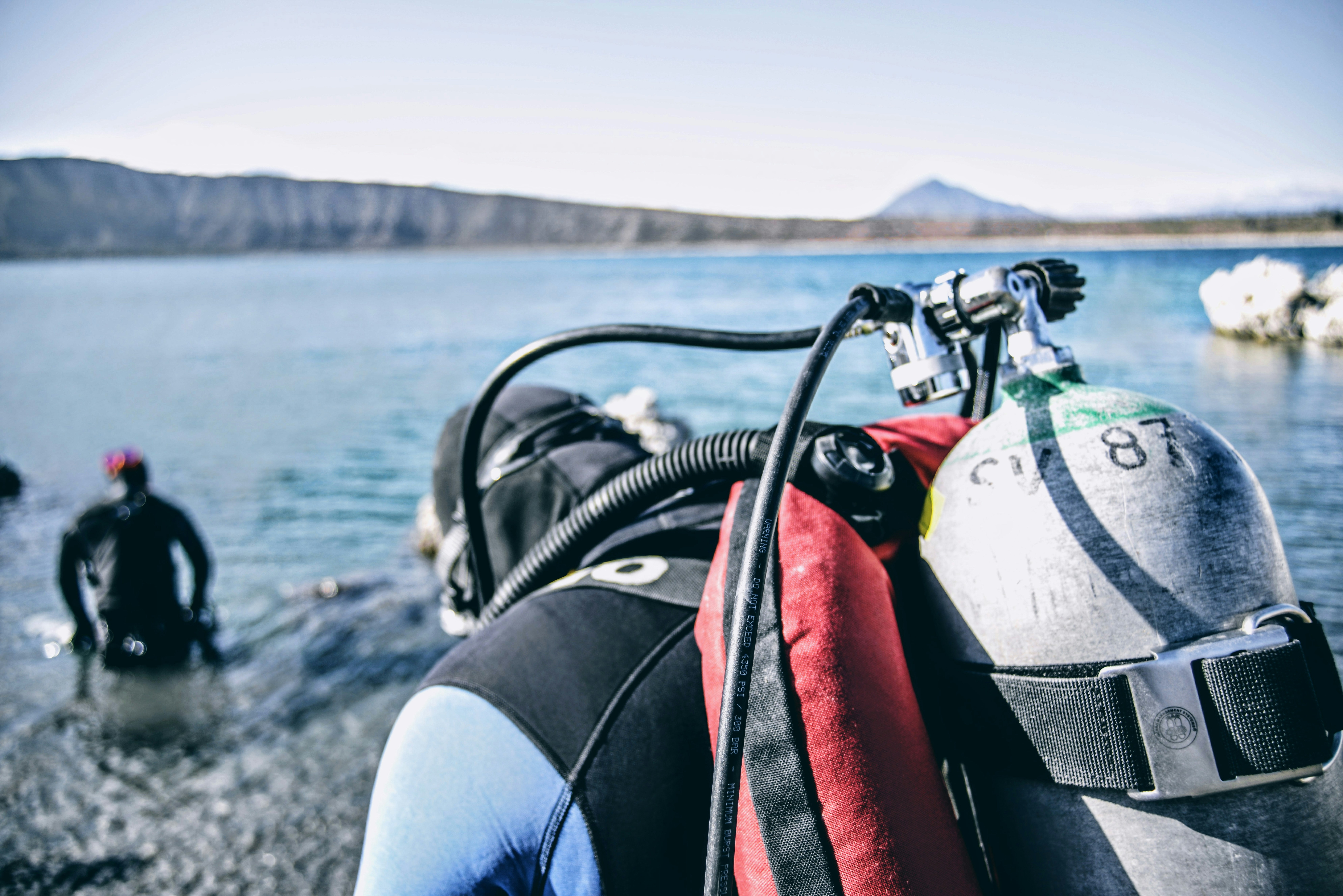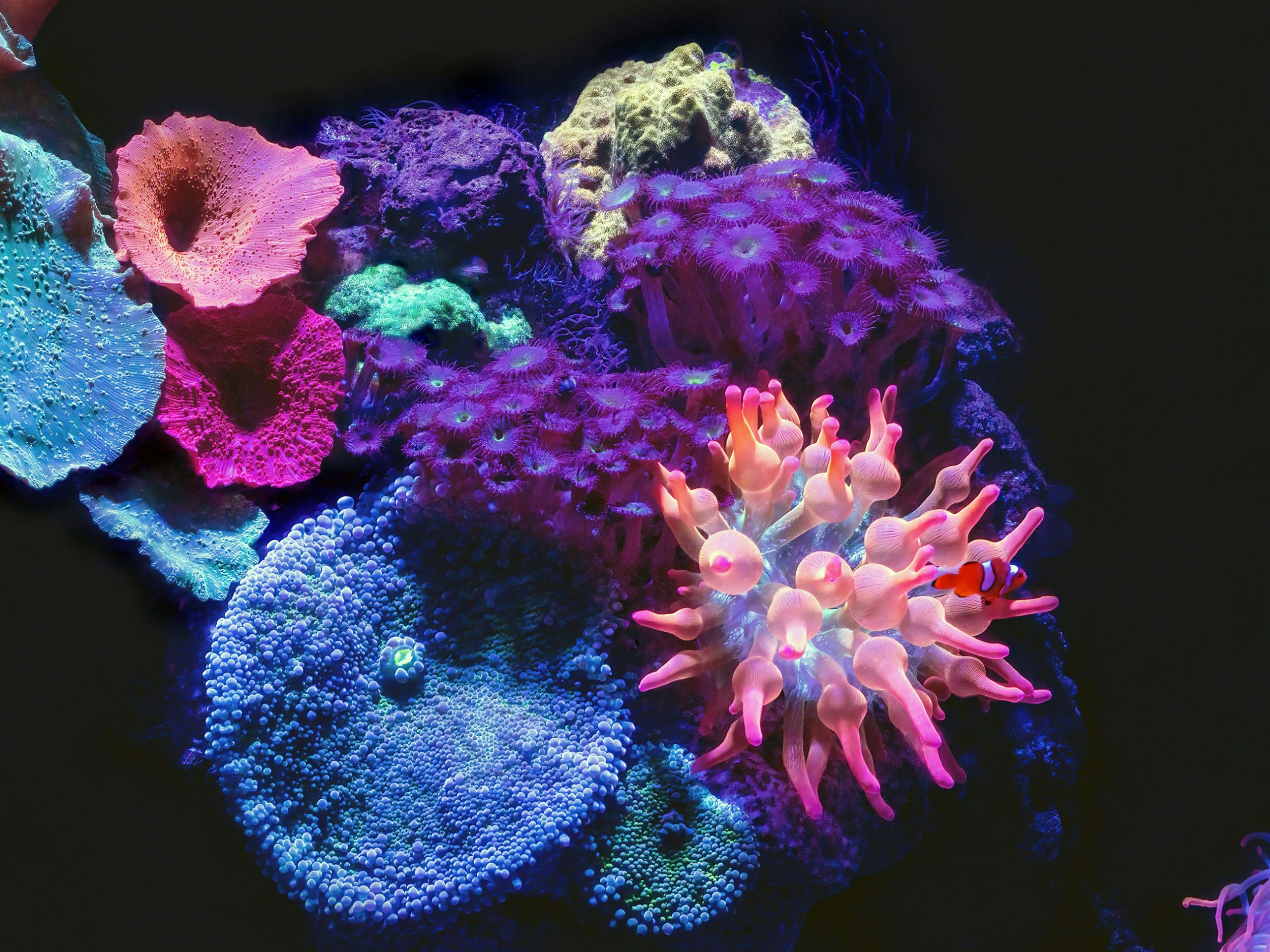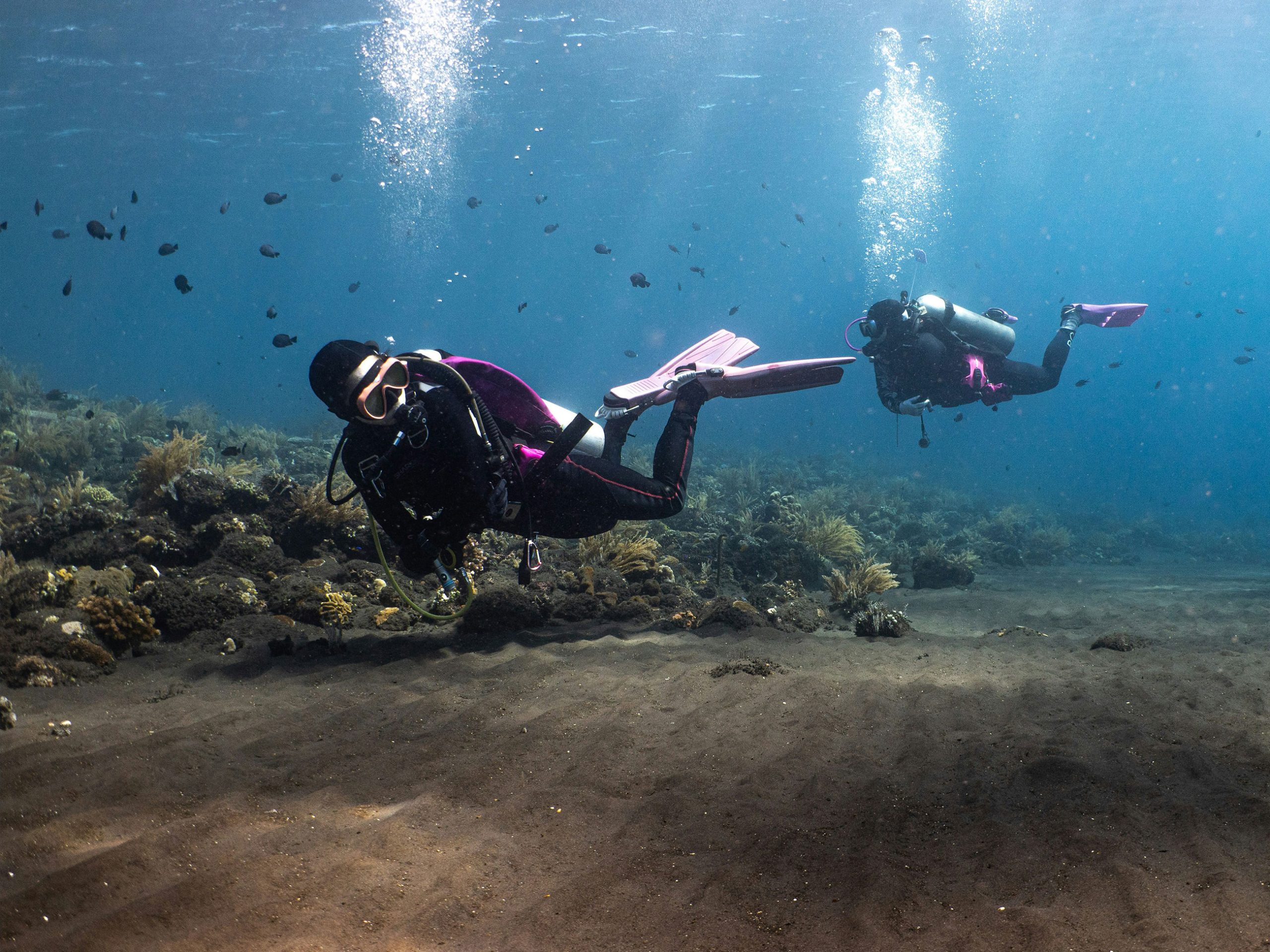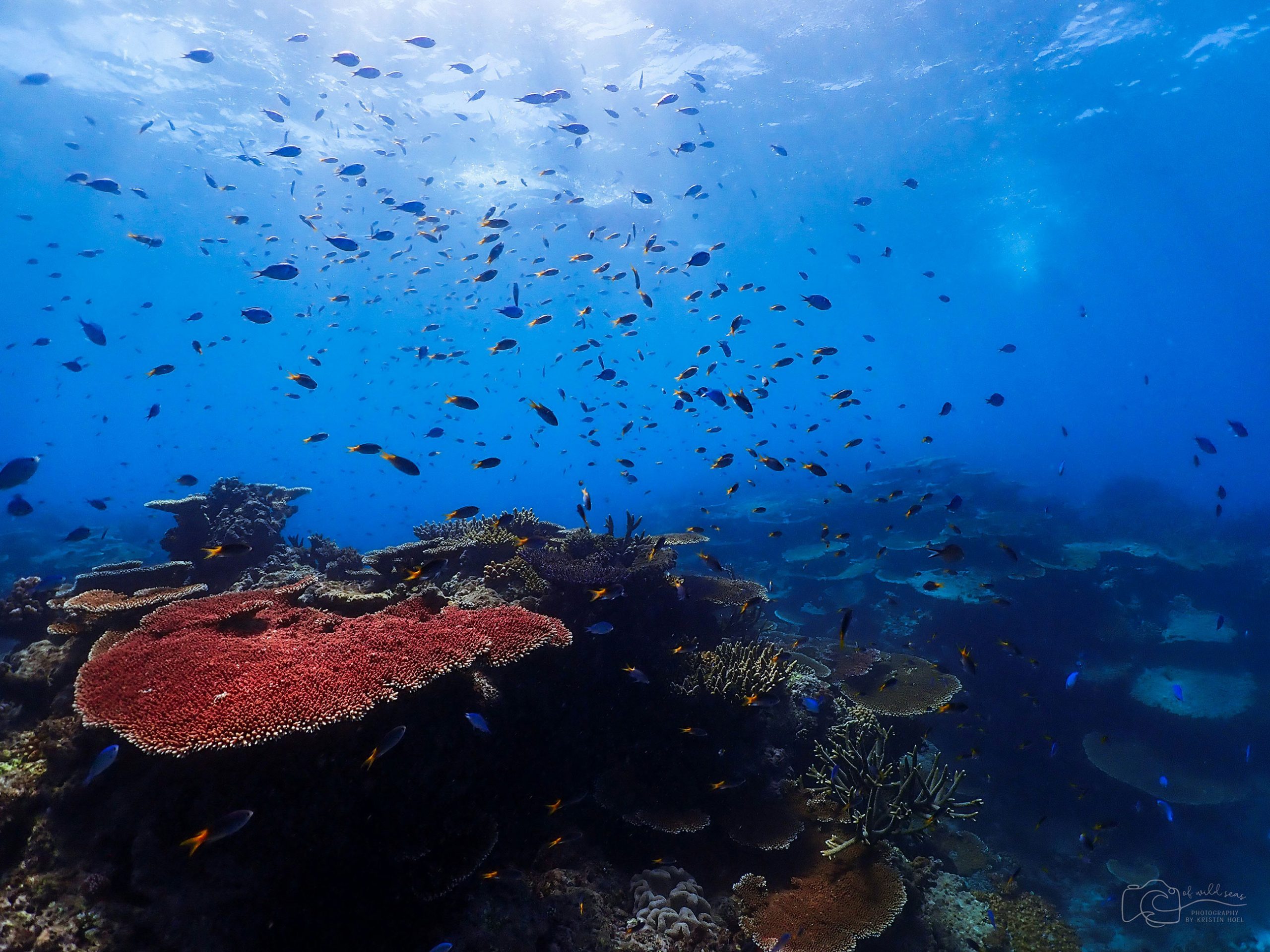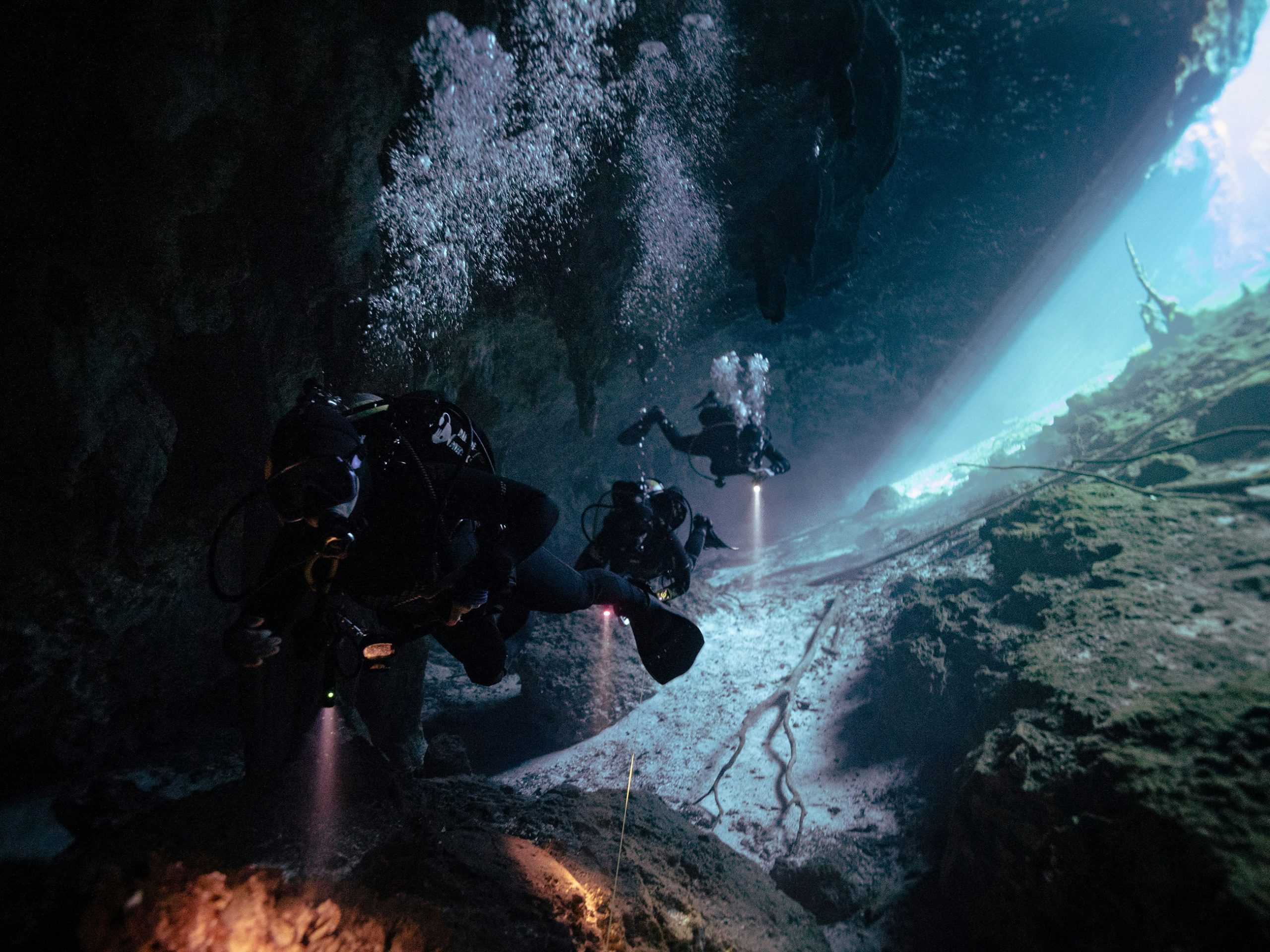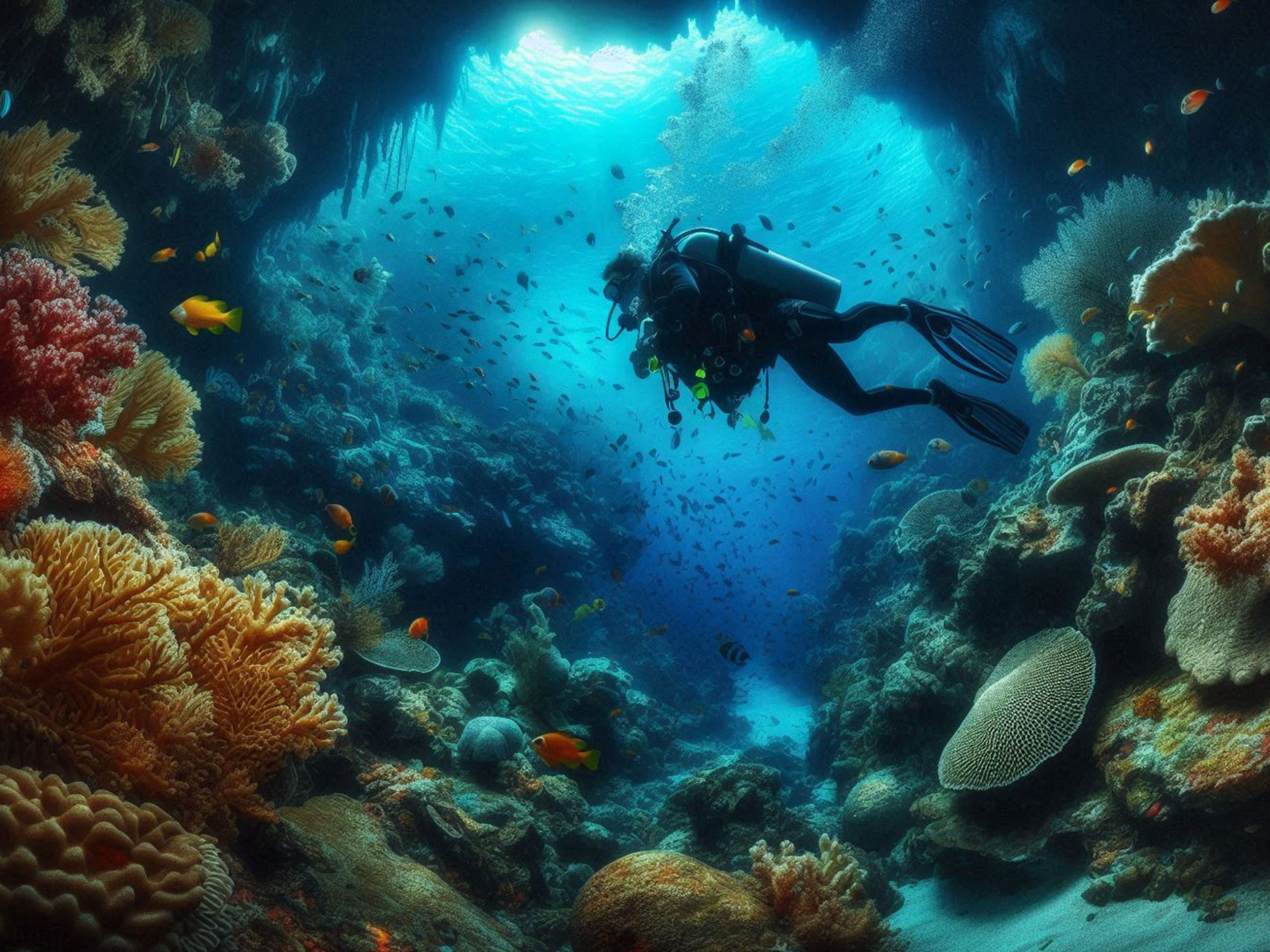Table of Contents
Feeling a bit nervous about your first dive? It’s completely normal. Many people experience fear and anxiety before diving into the underwater world. However, with the right mindset and preparation, you can conquer your fears and enjoy a truly magical experience.
Understanding Scuba Diving Anxiety
Why Am I So Scared?
It’s natural to feel a bit apprehensive when facing the unknown. Common scuba diving fears include:
- Drowning: The fear of not being able to breathe underwater.
- Panic Attacks: Feeling overwhelmed and out of control.
- Claustrophobia: Feeling confined or trapped in a small space.
- Marine Life Encounters: Worrying about encountering dangerous creatures.
The Science Behind Fear
Fear is a complex emotion that involves both physiological and psychological factors. When we feel threatened, our bodies release stress hormones like adrenaline and cortisol, which can trigger physical symptoms such as increased heart rate, rapid breathing, and muscle tension.

Tips for Overcoming Scuba Diving Anxiety
Mental Preparation
- Positive Visualization: Imagine yourself calmly and confidently diving in crystal-clear waters.
- Mindfulness Techniques: Practice mindfulness meditation to reduce stress and anxiety.
- Cognitive-Behavioral Therapy (CBT): Work with a therapist to identify and challenge negative thoughts.
Physical Preparation
- Physical Fitness: Improve your physical fitness to boost your confidence and reduce fatigue.
- Stress-Reduction Techniques: Incorporate yoga, meditation, or deep breathing exercises into your routine.
Choosing the Right Instructor and Dive Shop
- Find a Supportive Instructor: Look for an instructor who is patient, understanding, and experienced in working with nervous divers.
- Choose a Reputable Dive Shop: Research dive shops with a good safety record and positive reviews.
Gradually Building Confidence
- Start Slow: Begin with shallow water dives and gradually progress to deeper dives.
- Take Your Time: Don’t rush through your training.
- Trust the Process: Have faith in your training and the equipment.
Effective Communication with Your Dive Buddy
- Establish Clear Signals: Learn basic hand signals to communicate underwater.
- Trust Your Buddy: Choose a dive buddy you trust and can rely on.

Overcoming Specific Fears
Fear of Drowning
- Master Buoyancy Control: Learn how to control your buoyancy to ascend or descend.
- Trust Your Equipment: Your scuba gear is designed to keep you safe.
- Breathe Calmly and Regularly: Focus on your breathing to stay relaxed.
Fear of Panic Attacks
- Practice Breathing Techniques: Learn deep breathing exercises to calm your nerves.
- Positive Self-Talk: Remind yourself that you are safe and capable.
- Seek Professional Help: If anxiety is severe, consider consulting a mental health professional.
Fear of Close Spaces
- Choose Open Water Dive Sites: Opt for dive sites with plenty of open space.
- Gradual Exposure: Start with shallow water dives and gradually progress to more confined environments.
Fear of Marine Life
- Learn About Marine Life: Educate yourself about different marine species and their behaviors. You can also research specific areas you plan to dive in ahead of time so you are aware of what type of creatures you might encounter.
- Respect Marine Life: Avoid touching or harassing marine animals.
- Stay Calm and Avoid Sudden Movements: Sudden movements can scare marine life and trigger a defensive response.
The Power of the Mind: Mindset Shifts
- Reframe Negative Thoughts: Replace negative thoughts with positive affirmations.
- Embrace the Adventure: Focus on the excitement and wonder of exploring the underwater world.
- Let Go of Control: Trust the process and surrender to the experience.
Remember, you’re not alone. Many people have overcome their fears and become confident scuba divers. With the right mindset, preparation, and support, you can too. So, take the plunge and discover the magic of the underwater world.

